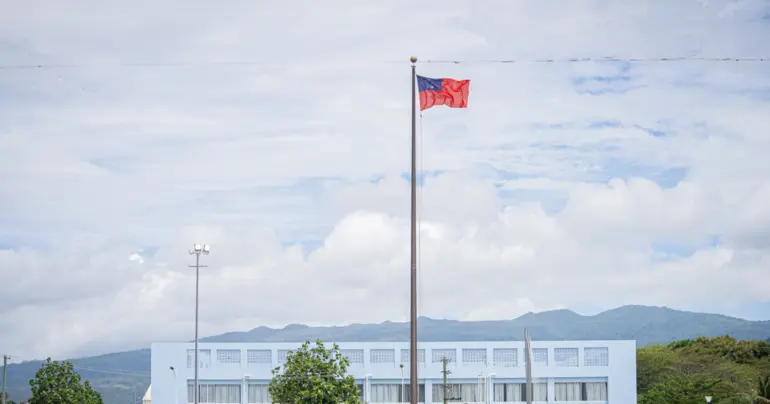Matai sheds light on Chiefs’ powers
The views expressed in the articles “Chiefs’ new powers abused: Minister” published in the Samoa Observer of Saturday, September 04 2021 and the opinion piece by the Editorial Board “Review laws to pull into line village councils”, Monday, September 06 2021 quoting the Minister of Police, Faualo Harry Schuster is concerning. With all due respect to the Honorable Minister and not taking away from the seriousness of the incidents in the villages identified in these articles, I would like point out that there is more than one side to these matters. As a matai of Faleu Manono, I am aware that not all information coming through media, social media and fake pages is correct. Fortunately, there is now a court process underway where these claims and counterclaims will be presented and delt with. Attributing these conflicts to the recently passed laws and new powers of village matai councils to banish is misleading as it is not that simple.
Samoan governance (pulega faamatai) have used banishment as one of its’ more severe forms of penalty for gross misconduct for many hundreds of years. Banishment, depending upon the severity, could last from a few months to a year or more. While there was a huge public outcry against the new bills supposedly it was to give a legal framework to communal rights. The fa’amatai culture and traditions underpins Samoan society and is enshrined in our constitution along with Christian values. It my opinion the bills needed more time to develop and possibly a constitutional referendum before passage.
At the time of independence Samoa incorporated a set of individual rights into its constitution based on the Western model of government and legal framework. There was nothing similar in place for the fa’aSamoa communal indigenous system. Despite that fact, many thousands of Samoan matai (chiefs of both genders) participate in village and district communal governance to deliberate and make decisions by consensus on a wide range of matters in order to manage people and resources, resolve internal and external disputes, and maintain peace and harmony. It has been a dominant factor in maintaining social stability and for the most part is voluntary. If the government of the day had to pay for these services and/or respond to all complaints from villages no doubt it would add to our already high national debt and increase the burden on our justice system multifold.
Through village representatives (sui o le nuu/sui o le malo) and the pulega (village councils) directly, the Samoa government has accessed this system to implement its’ programmes and agendas. The benefits have gone both ways.
The registration of village bylaws was an initative taken by the previous administration through a consultative process with village councils, women’s groups, and youth groups to harmonize the judicial system with village governance (pulega). Registered bylaws included how penalties (faasalaga) would be dispensed as well as provisions for villages to make changes to these bylaws as needed. Being a new tool, there has not been a whole lot of experience with it but it was a start.
My concern with statements made by the Honorable Minister is that it devalues Samoa developing its’ own homegrown communal legal framework with flexibility to evolve over time (ia tumau le faavae ae sui faiga). Samoan society is not just made up of “rights based” individuals without a “faasinomaga” (fa’aSamoan communal identity). We are unique in the world in that sense.
Lest we forget the importance of our collective fa’aSamoa identity (our faasinomaga), it was high chiefs and orators and their followers who were banished by the German colonial government to Saipan in 1909 for leading the Mau a Pule movement for independence. One of their leaders was a Leiataualesa from Faleu, Manono.
Ia tatou onosai pea. Patience is a virtue in these trying times.
Leiataualesa Kilali Alailima
Sa Leiataua (Faleu), Manono










